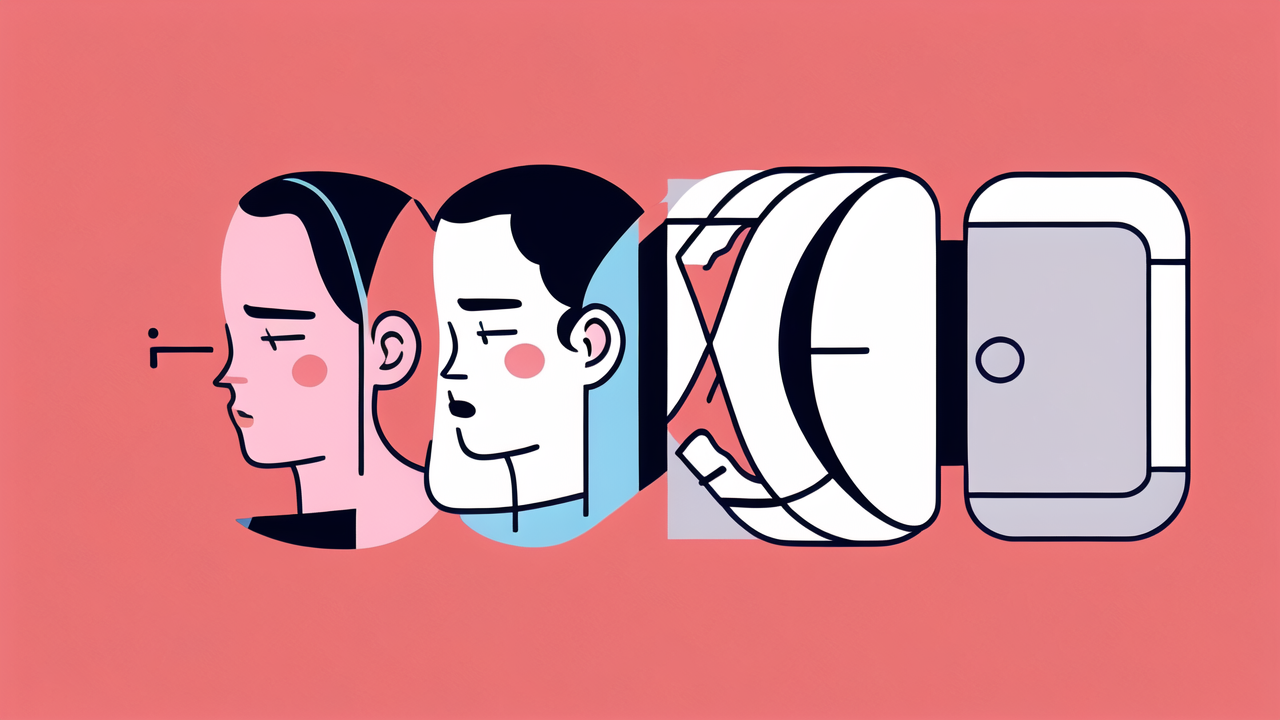Understanding the Regulatory Landscape for Beauty Products
Overview of Hong Kong's Cosmetics Regulations
In Hong Kong, beauty products fall under the Pharmacy and Poisons Ordinance. The Department of Health oversees these products. They ensure that cosmetics sold are safe and properly labeled. All cosmetic products must meet strict safety criteria. They must not have prohibited substances. Labels must be clear and honest about ingredients and usage. Importers and manufacturers must notify the government about their products. This notification process helps keep track of what's on the market.

China's Comprehensive Cosmetics Law and Regulations
中國的美容行業因法律嚴謹而著稱。自2021年1月1日起,更新了《化妝品監督管理條例》。新規對化妝品分類和成分做了詳細規定。它強調了化妝品質量和安全,以保護消費者健康。企業在開發新產品時必須遵循嚴格的安全測試和報告程序。在中國,未經認證的產品不得進行銷售。這為消費者提供了信心,也促進了美容產業的安全發展。
Key Differences in Beauty and Safety Standards Across the Regions
Comparing Hong Kong and China's Safety Protocols for Cosmetics
While Hong Kong and China are geographically close, their beauty product safety protocols differ significantly. Hong Kong follows a free market approach, allowing the sale of cosmetics without pre-market approval; however, safety and efficacy remain paramount, with businesses held accountable post-market. China, on the other hand, has stricter regulations. It requires pre-market animal testing for foreign cosmetics, though recently, alternatives for non-special use items have been allowed. Administrative licensing for local products also involves a series of rigorous assessments to ensure consumer safety.
How Hong Kong's Standards Foster Consumer Confidence
Hong Kong has established a reputation for its stringent beauty safety standards. These high standards are a key reason consumers trust cosmetics sold in the region. This trust stems from the clear labeling requirements, which ensure transparency about product ingredients. Frequent inspections and strict import regulations also contribute to consumer confidence. As a result, products that comply with Hong Kong's regulations are often perceived as safer and of higher quality. This perception not only protects consumers but also boosts the beauty market's credibility. Short, clear sentences and basic words make the above information comprehensible to all readers.
The Impact of Regulatory Standards on the Beauty Industry
How Regulations Influence Product Development and Marketing
In Hong Kong and China, beauty regulations play a key role in shaping products. Companies must meet strict safety norms. This drives them to innovate. They develop safer ingredients and market them smartly. Brands focus on promoting regulatory compliance. They highlight safety in their ads to win customer trust. This builds a safety-first image. Both beauty giants and newcomers design their products with these key regulations in mind. They often highlight certifications like 安全美容認證. Such practices set high industry standards. Strong regulations lead to safer, more reliable beauty solutions.
Ensuring Compliance in the Cosmetics Industry
Ensuring compliance in the cosmetics industry is critical for beauty brands operating in Hong Kong and China. Companies must meet strict safety and quality standards. These rules guard against harmful substances. They also ensure correct labeling. Periodic audits and product testing are key. Firms often hire specialists to manage compliance. Penalties for non-compliance are severe. These may include fines and market withdrawal. The goal is to protect consumers and maintain public trust.


